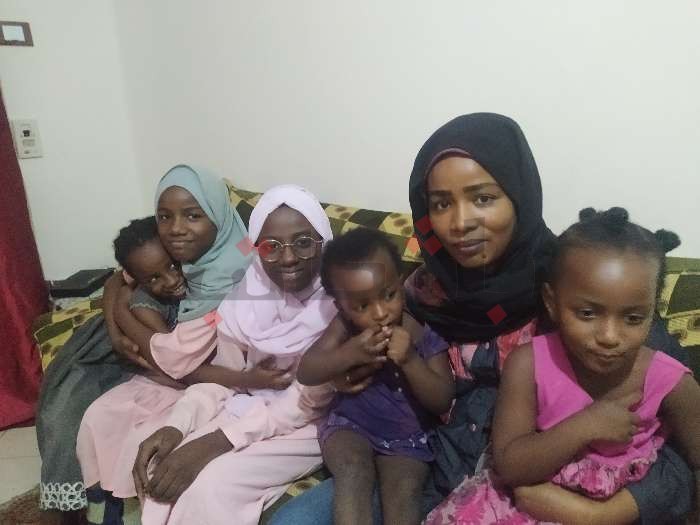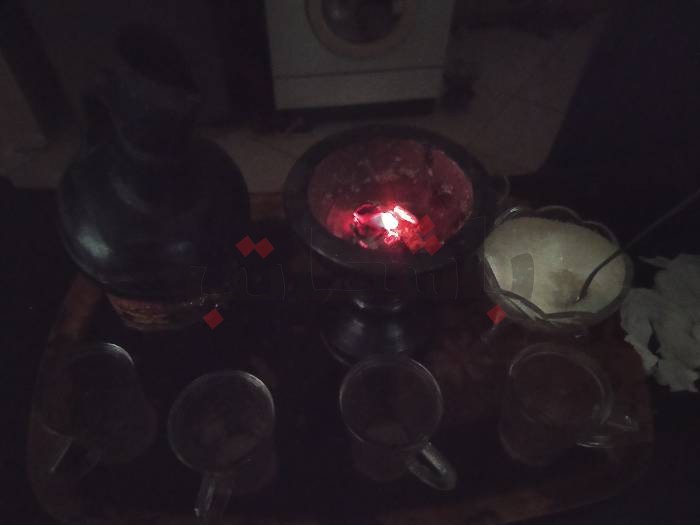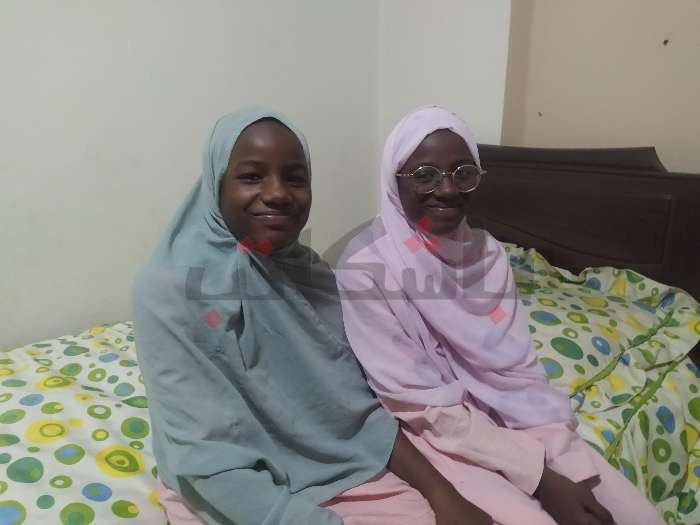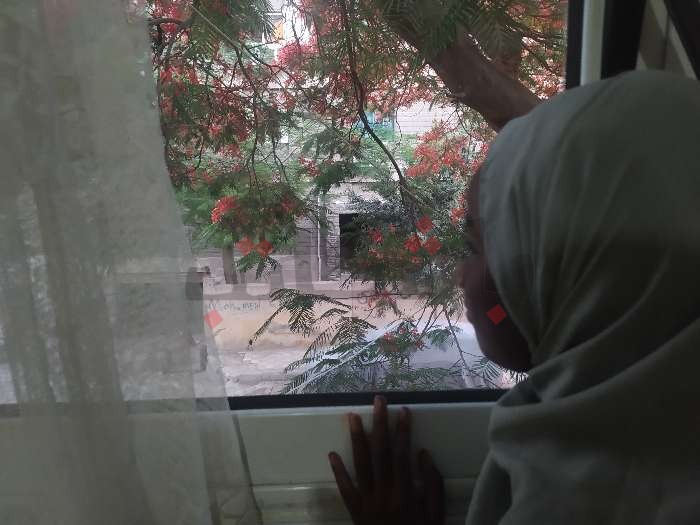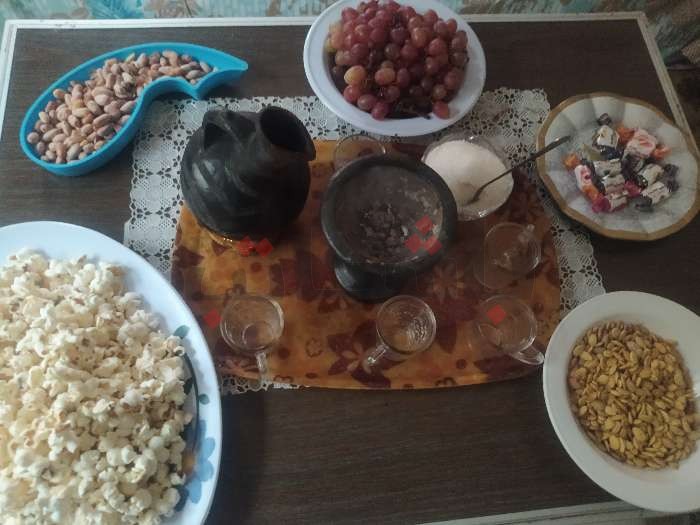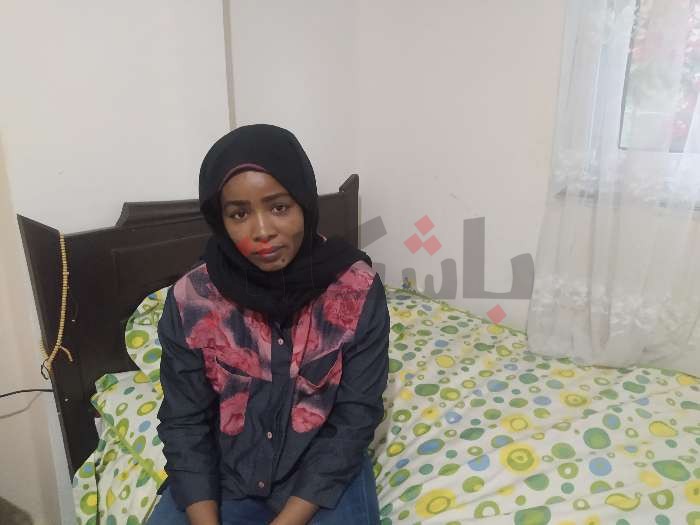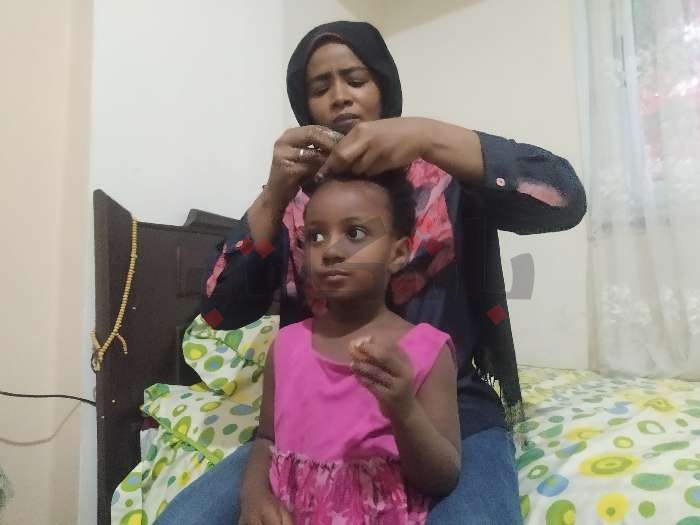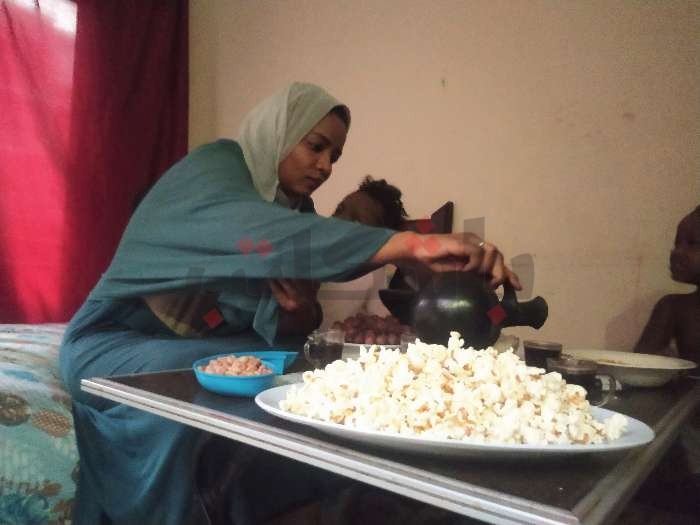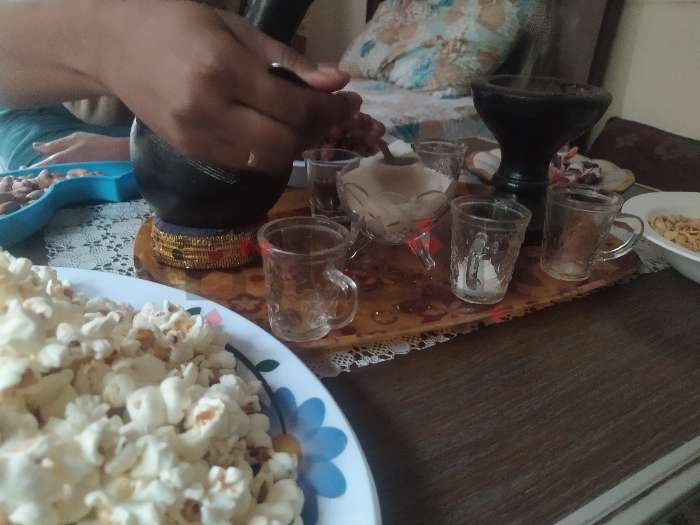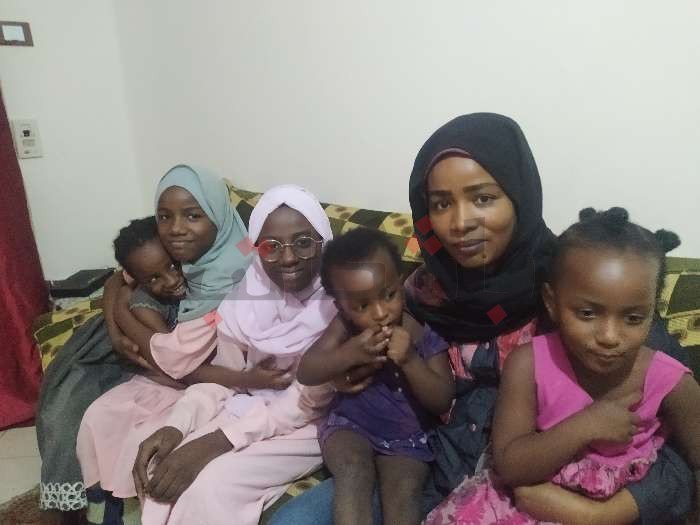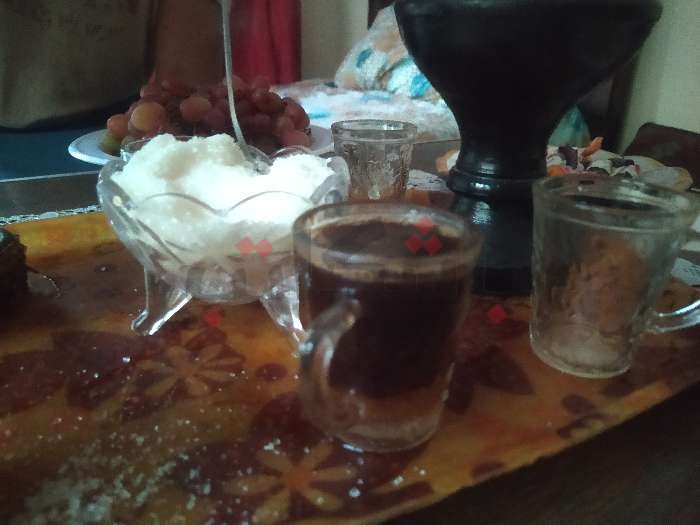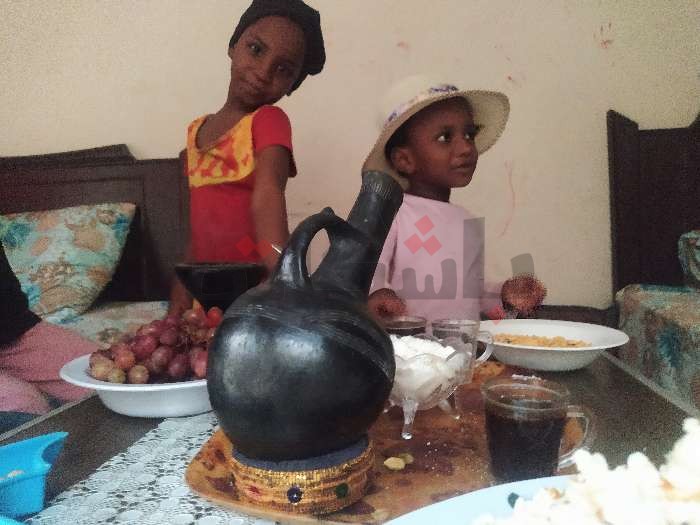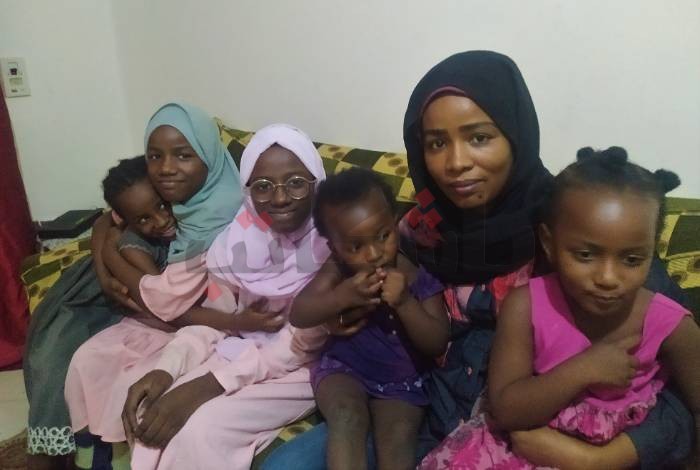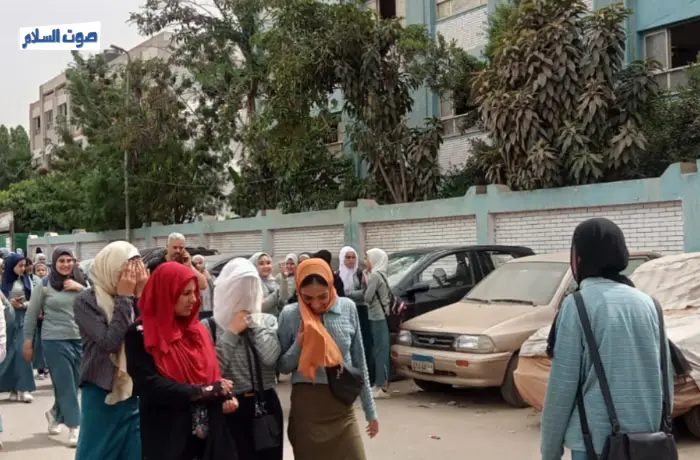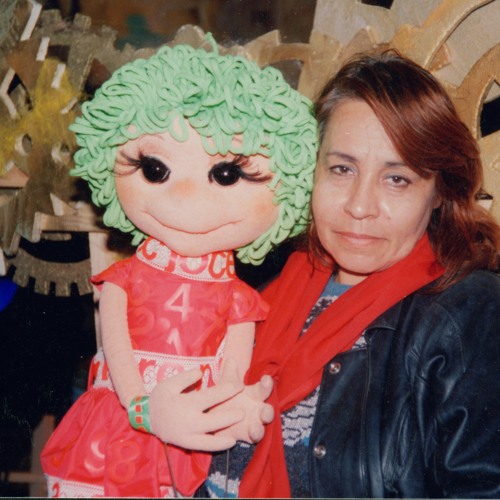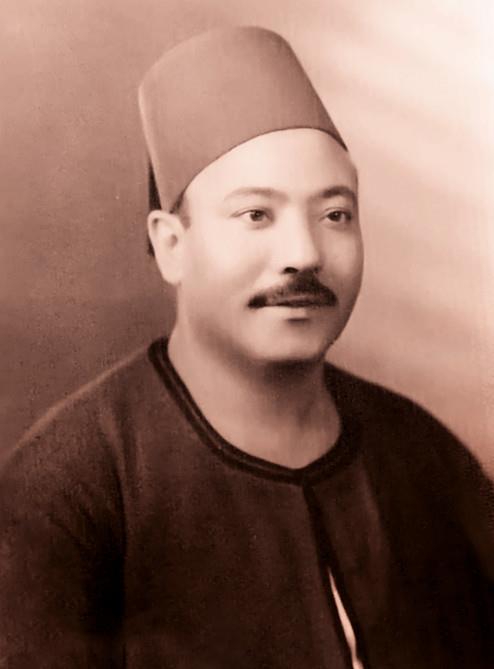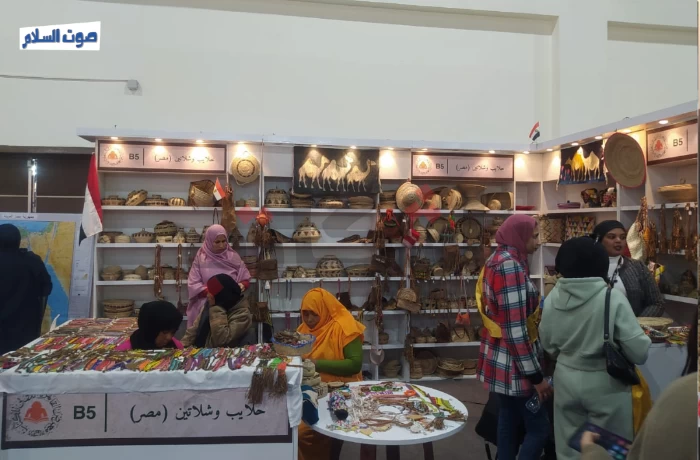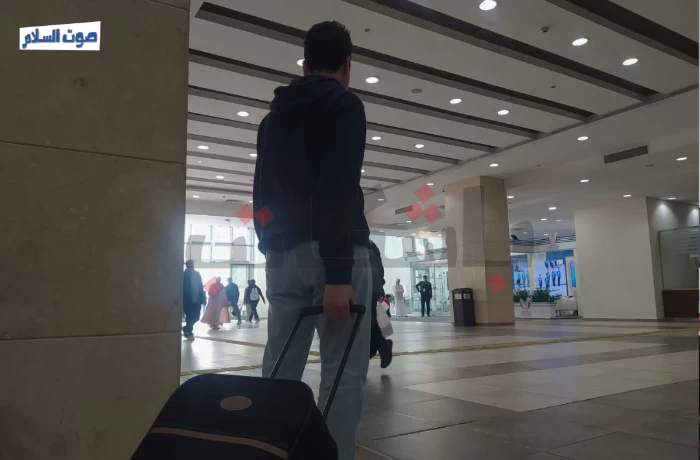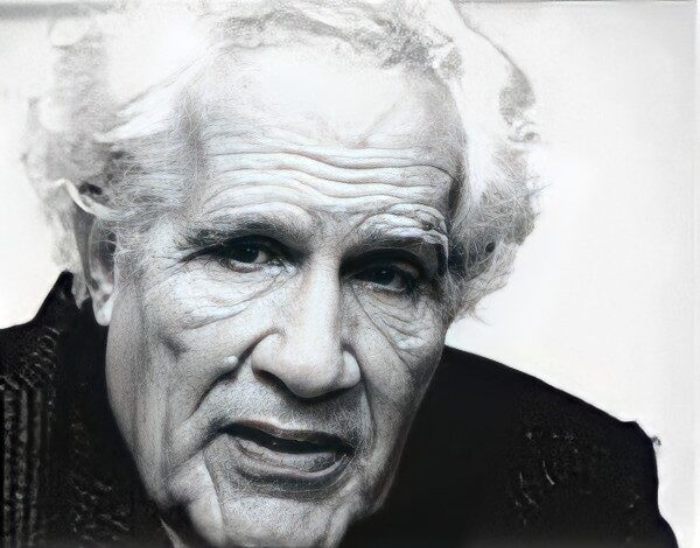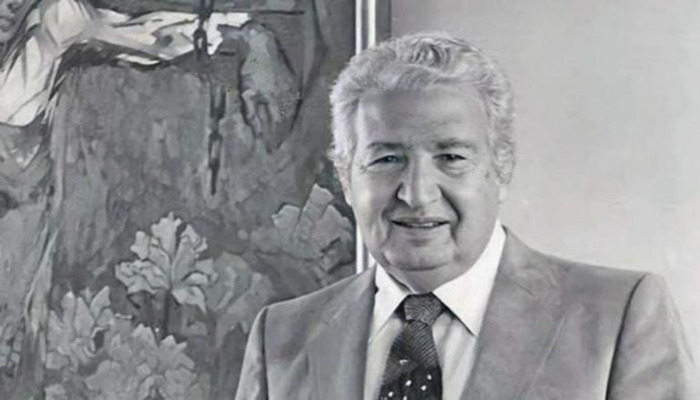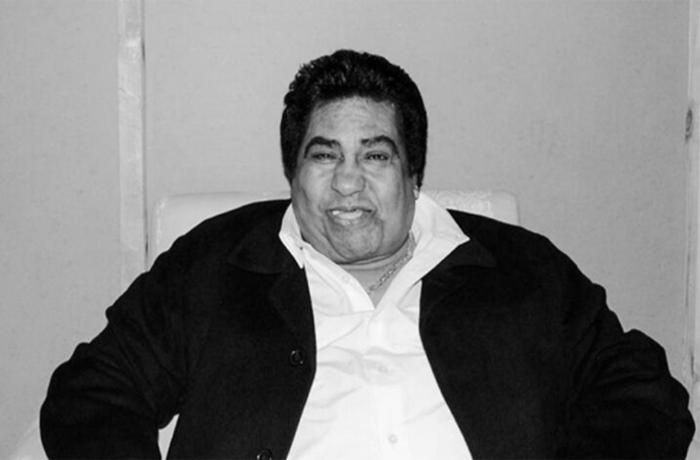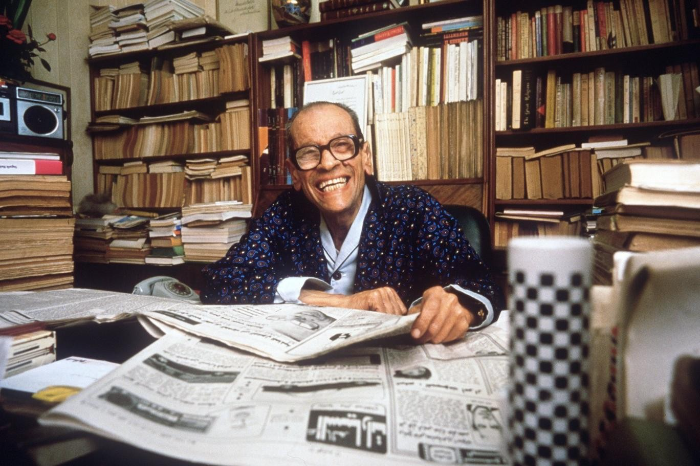Over several days, Hajar Kabashi kept praying for the safety of her five daughters, expressing her hope that their home would not be struck by any stray missiles amid the ongoing confrontations between the Sudanese army and the Rapid Support Forces.
"I don't know where I found the strength to calm them down?” But at the same time, I was asking myself: “But at the same time, I kept asking myself: How long will we remain resilient here?" says Hajar, 34 years old.
It didn't take long for her to decide, "We will leave here." A decision followed by a journey filled with sorrow, as described by Hajar, starting with the necessity for her and her daughters to witness the bodies of the conflict victims along the entire path they took to escape from their unsafe area.
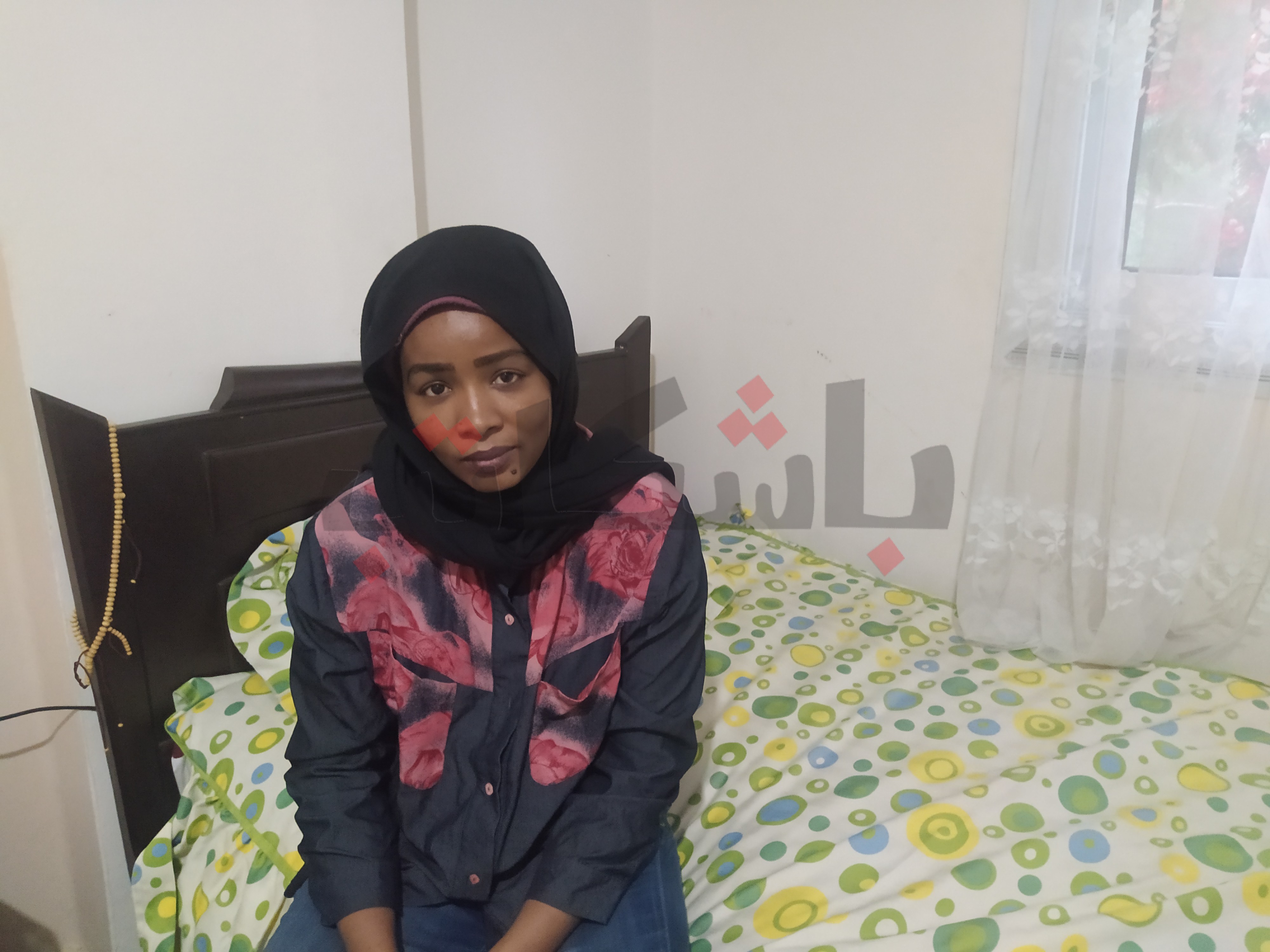
Hajar and her daughters sprinted through the remnants of missile strikes on the almost ruined road, abandoning all possessions at home except for some clothes. They secured transportation to the "Dangola" region, where a compassionate family provided shelter for a day before determining their future, which involved either heading to Egypt or relocating to a state that had not yet been involved in the conflict.
Hajar made up her mind: "We will go to Egypt; it is safer for me and my daughters."
In the approximately 7-day escape journey that led them to Egypt, Hajar met her husband when he returned to work. He gave her money for the trip but opted not to accompany them to prevent additional expenses. Preferring to stay in Sudan and continue working to accumulate money, he planned to join them in Egypt later. He emphasized that the current priority was ensuring their safe arrival.
For four days, Hajar spent her time leaving Sudan, accompanying her five daughters. They waited in line at the Sudanese-Egyptian border for a whole day. During this time, they fell victim to a scheme by a driver that ended with them paying a significant amount for the journey. For instance, the cost of continuing was 300,000 Sudanese pounds to cross into the Egyptian border, and a small bottle of water was priced at 1,000 Sudanese pounds. These were exorbitant sums that did not compare to what she used to pay before.
As soon as the border inspection officer stamped Hajar's passport at the border crossing between Egypt and Sudan, she felt a sense of security. What helped even more was that the officials did not request the father's consent paper for the daughters' travel, as time did not permit her to gather all the necessary official documents.
Upon reaching "Abu Simbel" in Aswan, she finally managed to breathe regularly.
Hajar, with prior experience residing in Egypt, promptly topped up her Egyptian phone credit and reached out to a broker in the Maadi district of Cairo to arrange for an apartment. Between 2009 and 2018, Hajar used to shuttle between Egypt and Sudan due to her husband's job, and she gave birth to three of her daughters in Egypt. However, she eventually established a more permanent residence in Sudan due to her daughters' educational commitments.
After a week-long journey, the family finally reached Cairo's main station at the beginning of May. From there, Hajar continued on to the Maadi district, where she was warmly welcomed by her neighbors whom she had known for years. Their relationship persisted even when she was in Sudan. They were relieved by her arrival and attempted to ease the impact of the shock on her.
The images of corpses linger in Hajar's imagination, she tells "sawtelsalam" "I haven't been able to sleep for a month." When recalling being surrounded by corpses, I feel frightened. The distress persists in my sleep, attempting to rest for only an hour or two at most. However, I wake up startled with any sound of moving people in the street, haunted by memories of missile sounds.
Hajar keeps her five daughters close to her until they fall asleep. The eldest is 12 years old, and the rest are younger, ranging down to a year and a half. She ensures their sleep to have some control over the anxiety and panic attacks that affect them.
Hajar's concern deepens as she strives to comfort her daughters with hugs and repeatedly affirm the choice to relocate to Egypt, hoping to erase the painful memories. Yet, her mind drifts to other matters, contemplating her profession and what lies ahead. She now faces the challenge of rebuilding her life without employment, a stark contrast to her previous status as the owner of a well-known hair salon in their district, affording her and her daughters a better social standing and quality of life.
She reassures her husband through online communication or international calls, knowing that he traveled to visit his mother in one of the cities, shuttling between there and Khartoum to complete tasks. He works and accumulates money, anticipating rejoining them, but he is unable to assist his daughters. Banks are either closed or vanished under the impact of missiles, much like many landmarks in Khartoum.
Hajar and her family spent a "lifetime's savings" to secure safety for her and her daughters. She is starting her life anew without a job. Her only wish is for her husband to come and for her daughters not to miss the school year. She is searching for good schools for them to make up for what they missed.
Looking uncertainly towards the future, Hajar wishes to restart her hair salon project, even if it means starting from home later on. The most important thing for her is not to remember the sight of corpses or hear the sound of missiles again.
"Sudanese Jebna" A refuge for Hajar and her daughters to recover from the war and the absence of her husband.
Surrounded by the well-known Sudanese incense, recognizable from a distance, Hajar Kabashi initiates the arrangement for a "Jebna" session – the Sudanese coffee ceremony. This involves brewing coffee in a traditional Sudanese clay pot, complemented by incense, nuts, and fruits. Through this ritual, she reconnects with her roots, recalling her homeland from which she had to depart, while also preserving her heritage in her newfound home.
One of her daughters, 14 years old, sings, 'My love and my passion, I invited him for a Jebna session,'" carrying in her mind and memory since childhood the gatherings of Jebna that used to bring joy and happiness to their previous home in Sudan.
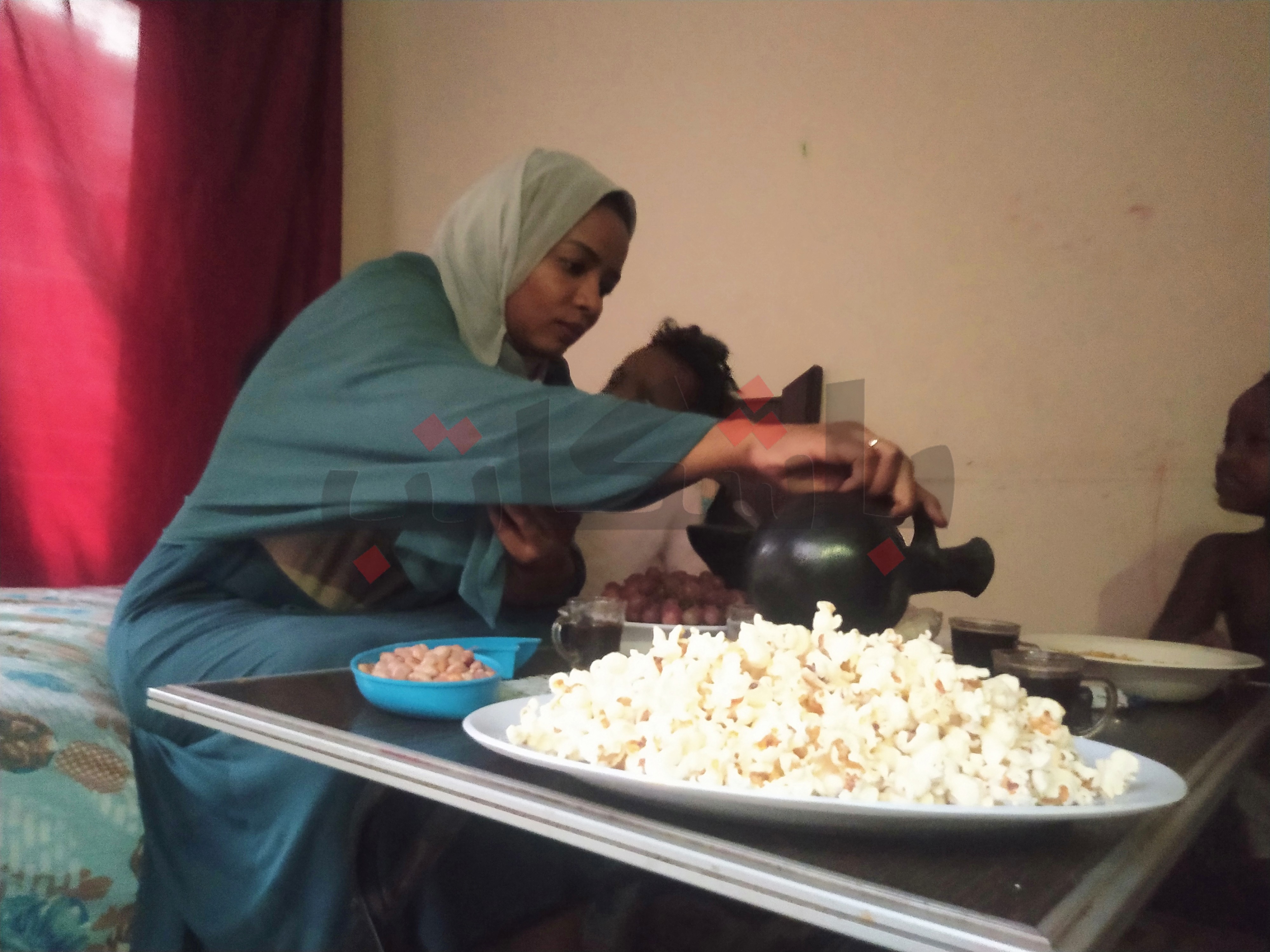
For the past two months, Hajar has been residing in the Maadi area of Cairo. She tried to join her husband in Egypt, but he is still grappling with the debts incurred in bringing the family to Egypt. He is presently without financial resources and employment following the extensive bombing of the capital, Khartoum. Currently, he is residing with his mother in another city, attempting to gather funds.
The family's journey was challenging, as they faced several obstacles. It began with securing the necessary financial means for the mother and her five daughters to relocate. Obtaining the required documents was another hurdle, not to mention the actual transitions amid an ongoing war that spared no civilians.
Since she lost hope in her husband's return and in response to her daughters' insistence on seeing their father, Hajar has been creating Jebna sessions alone. Even if no neighbors or friends join her, she simply aims to evoke a sense of still being in her homeland. She chases the image of her husband, who represents security and love to her and whom she needs now more than ever.
The coffee-making ritual begins with roasting Ethiopian coffee beans over the fire, as this type is the secret behind Sudanese coffee. Afterwards, the roasted beans are ground along with cardamom.
She lets the water boil, then sings in her accent, "I fry the coffee with love, and I put it bean by bean." After the water boils, she puts the coffee on it, allowing it to brew until the scent of coffee, mixed with incense, fills the air. This creates a Sudanese aroma known as the "scent of Sudanese homes" that permeates the noble houses.
While preparing the Jebna in the pot, Hajar reminisces about her temporarily absent husband. They used to share the Jebna ritual on his weekly day off, reminiscing about their love story and dreams for a better future for their children. Now, she is alone, dreaming after the war separated her from her husband and homeland. Despite having the means, the financial situation has not allowed her husband to travel with her to Egypt.
She pours the coffee into the cups joyfully. The making of Jebna holds a special place in Sudanese society through weekly family gatherings. Each family has its schedule, and every member participates in the ritual.
The gathering pauses, and Hajar knocks on her neighbor's door, who brought coffee and incense. They became acquainted during a session of women's conversation and Sudanese songs.
The "Jebna" session serves as a psychological therapy for Amani Mohamed, Hajar's neighbor, amid the pressures of household chores and child-rearing. She states: "The Sudanese war brought her a savior from life's pressures... the 'Jebna' session blended with coffee and a pleasant aroma."
With the last sip of the 'Jebna' cup, the phone rings. On the other end, her husband calls to check on her.
Gently, she says to him: "I enjoyed a lovely Jebna session that brought back memories of you," she gently tells him. Her husband encourages her to join the session, asks about her and the daughters, and as the call concludes, she remains hopeful for another call where he informs her of his journey to join them.
